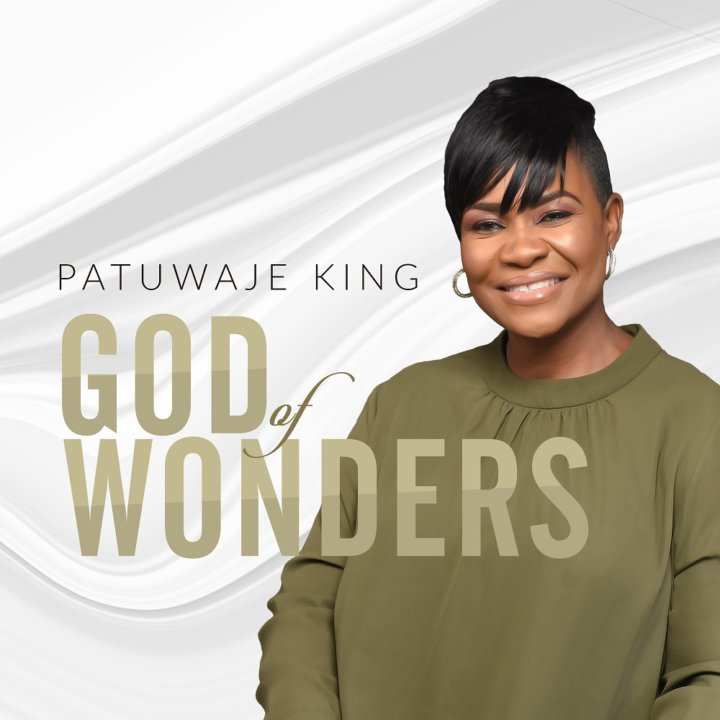
Gospel Artist, Pat Uwaje King releases another single, “God of Wonders” from her forthcoming sophomore album as an offering to God.
Speaking about the song, Pat shares: “What a wonderful God we serve! Full of wonders and glorious in splendour! This new song, GOD OF WONDERS, another single from our soon to be released sophomore album, was intended to capture as much as a tiny fraction of the awesomeness of God”
Set in English and Igbo Languages, the song is bound to take you to an intimate place of worship. We invite you to go on this journey as you enjoy worshiping ABBA with this tool.
WATCH VIDEO
DOWNLOAD AUDIO
CONNECT ON SOCIAL MEDIA
Instagram & Twitter: @PatUwajeKing
LYRICS
———
Idi ebube, Idi omimi
(YOU ARE GLORIOUS, YOU ARE UNSEARCHABLE)
Idikwa itunanya (YOU DO AWESOME WONDERS)
Ikariri echiche mmadu
(YOU ARE BIGGER THAN THE HUMAN MIND)
Odighi onye dika gi
(THERE IS NO ONE LIKE YOU)
GOD OF WONDERS
INVISIBLE GOD
YOU ARE GREAT
YOU DO MIRACLES SO GREAT
Idi ebube
(YOU ARE GLORIOUS)
Ikariri ihie asi n’ibu
(YOU ARE BIGGER THAN WHAT PEOPLE SAY)
Onyeoma Me
(MY GOOD GOD)
YOU ARE WORTHY TO BE PRAISED
The post VIDEO: Pat Uwaje King – God of Wonders appeared first on Latest Naija Nigerian Music, Songs & Video - Notjustok.
from Latest Naija Nigerian Music, Songs & Video – Notjustok
via EDUPEDIA
Comments
Post a Comment